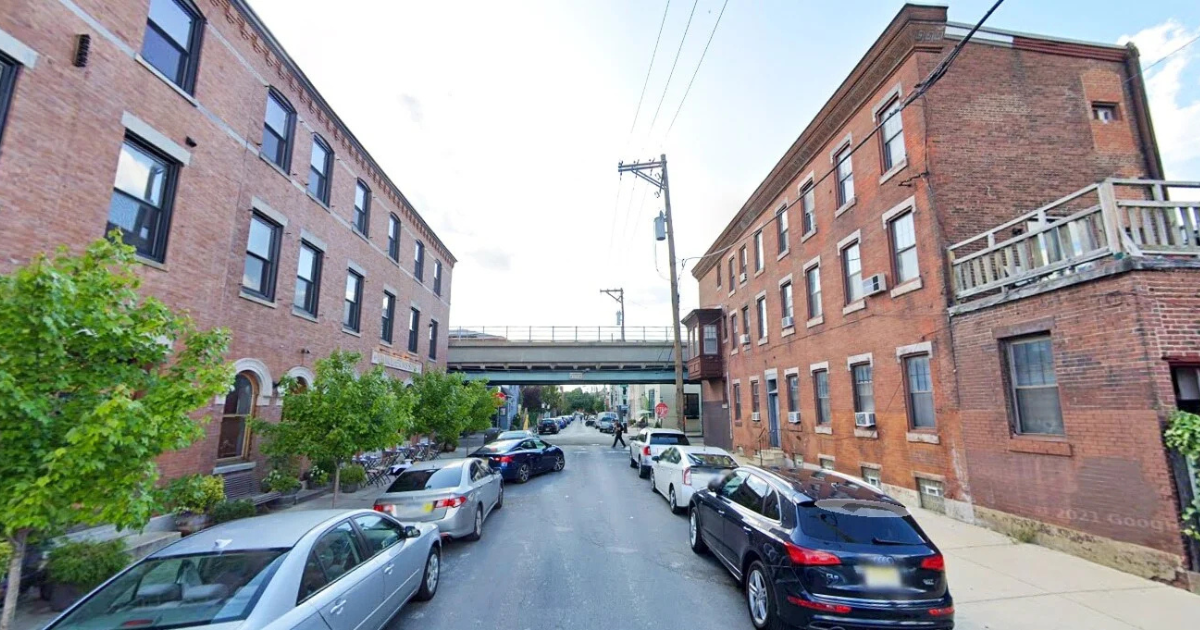Borough Executive Receives Substantial Retirement Package
Our client was a human resources director employed by a borough situated in the Commonwealth of Pennsylvania. Even though she was over the age of...
1 min read
Nochumson P.C. : Nov 4, 2021 9:00:00 AM

One of our clients was a landlord who was approached by a restaurant operator with a unique request to lease the first floor of a mixed-use building located in the heart of Fishtown.
The factor that made this proposed arrangement very unique is that the restaurant operator wished to lease the ground floor of the adjacent building and to break through the walls connecting these two buildings. The operator planned to use the ground-level floors of both buildings as one large cohesive restaurant space.
In other words, not only did we have to enter into one written lease with the restaurant operator, but we had to negotiate an additional agreement with the owner of the property next door to our client’s building. As with most proposed lease arrangements representing a landlord, we requested and received the letter of intent from our landlord client and the restaurant operator. A letter of intent is typically arranged between commercial landlords and tenants and states the principal terms and conditions. While a letter of intent is rarely binding upon the parties, it is important for the letter of intent to contain all of the material business terms and conditions of the proposed lease arrangement.
Once we received the fully executed letter of intent, we went on to draft a written lease reviewing the agreement that both parties reached in principle and forwarded it to the restaurant operator’s attorney for comment. After a few rounds of revisions made to the written lease, our client and the restaurant operator agreed to execute it; but we first had to enter into a written agreement with the adjacent property owner concerning a separate written lease. The matters which we focused on were to make sure that property owners paid their mortgages, insurance premiums, real estate taxes, and utilities in a timely fashion, and that the property owners did not let any judgments or other such liens adverse them to encumber title to the properties.
After all, we drafted a written agreement between our client and the neighboring property owner, which the parties eventually executed. Our client and the restaurant operator then executed their written lease. Their restaurant has since opened for business and is now regarded as one of the best in Philadelphia.

Our client was a human resources director employed by a borough situated in the Commonwealth of Pennsylvania. Even though she was over the age of...

Our real estate broker client recently left her position as a residential real estate agent working for another real estate broker in Center City,...

Our restaurant operator client, who had several restaurants in the warehouse district just off of Spring Garden Street, decided to expand his...